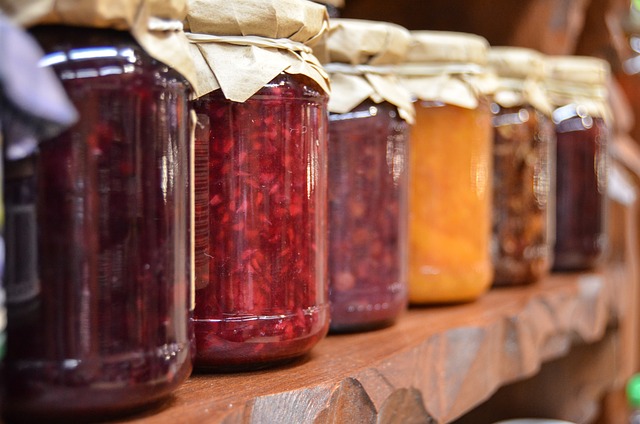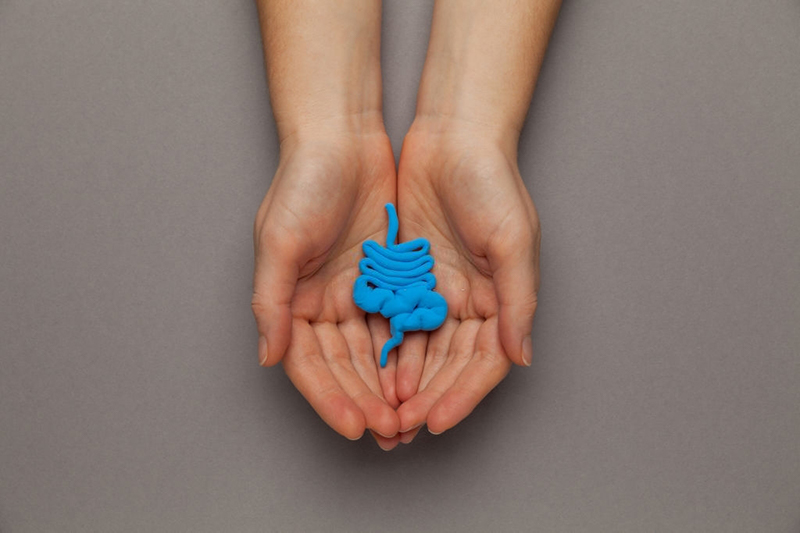Introduction
Probiotics are commonly known as “good” bacteria that reside in the gastrointestinal (GI) tract and promote health benefits. Recently, probiotics have gained popularity among athletes for their potential in improving athletic performance. This article aims to explore the science behind probiotics and their impact on athletic performance with a focus on endurance and recovery.
What are Probiotics?
Probiotics are live microorganisms that can benefit health when consumed in adequate amounts. They are mainly found in fermented foods, such as yogurt, kefir, sauerkraut, kimchi, and kombucha, or in supplement form. The most common bacteria found in probiotic supplements are lactobacillus and bifidobacterium.
The Science Behind Probiotic Benefits
Probiotics work by balancing the gut microbiome, which refers to the collection of microbes in the GI tract. A balanced microbiome can improve digestion, boost the immune system, reduce inflammation, and support overall health. Probiotics can also increase the production of short-chain fatty acids (SCFAs), which provide a source of energy for the colon cells and enhance nutrient absorption.
Probiotics for Athletic Performance
The gut microbiome plays a critical role in athletic performance. Research suggests that athletes may have a more diverse microbiome compared to sedentary individuals, and its composition can affect performance outcomes. Probiotics have been shown to improve athletic performance in several ways:
- Endurance: Probiotics can improve endurance by enhancing energy metabolism and reducing fatigue. SCFAs produced by probiotics can serve as fuel for the muscles and increase endurance capacity. A study conducted on elite rugby players found that those who consumed a probiotic supplement had increased running distance and reduced inflammation compared to the placebo group.
- Recovery: Probiotics can speed up recovery by reducing exercise-induced muscle damage and inflammation. An Australian study found that endurance-trained cyclists who consumed a probiotic supplement had lower levels of inflammation and muscle damage markers after a strenuous exercise session compared to the placebo group.
- Immune system: Probiotics can boost the immune system by increasing the production of immunoglobulin A (IgA), which is an antibody that defends against infections. This can be particularly beneficial for athletes who are more susceptible to infections due to intense training and travel.
Choosing the Right Probiotic
Choosing the right probiotic can be challenging, as there are many products on the market with different strains and doses. Here are some factors to consider:
- Strain: Look for probiotics that contain lactobacillus and bifidobacterium strains, as they have been shown to be beneficial for athletic performance.
- Dose: The optimal dose for athletic performance is not yet established, but most studies have used doses ranging from 1-100 billion colony forming units (CFUs) per day.
- Form: Probiotics can come in different forms, such as capsules, tablets, powders, and liquids. Choose a form that is convenient for your lifestyle and preferences.
- Quality: Look for probiotics that are third-party tested for purity and potency.
Conclusion
Probiotics have gained attention as a potential means to optimize athletic performance. They have been shown to improve endurance, recovery, and immune function by balancing the gut microbiome. Choosing the right probiotic can be challenging, but considering factors such as strain, dose, form, and quality can help. Although more research is needed to establish optimal dosing and long-term effects, probiotics offer a promising strategy to enhance athletic performance and support overall health.







